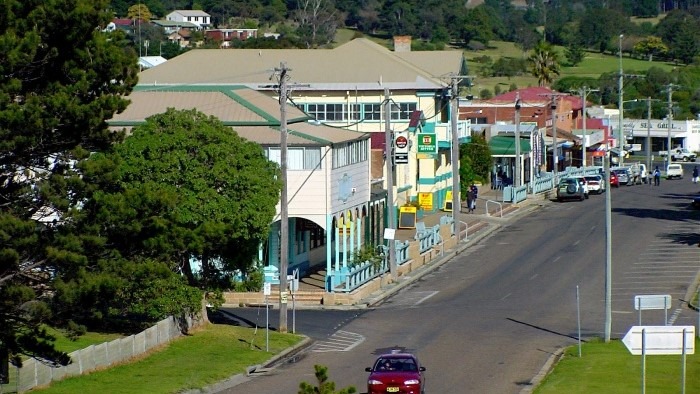Road trauma and safety experts fear the fatal consequences of Heineken’s high profile Formula 1 sponsorship, ahead of the Australian Grand Prix in Melbourne this weekend, and have accused Heineken of recklessly encouraging drink driving.
The Royal Australasian College of Surgeons says Heineken’s celebration and promotion of alcohol and speed at one of Australia’s highest profile sporting events is simply unacceptable when alcohol is already involved in 30 per cent of fatal crashes each year.
More than 1000 people died in vehicle crashes on Australian roads in 2017 and 36,000 others suffered injuries that required treatment in hospital.
As his title suggests, trauma surgeon John Crozier’s job is to attempt to save lives and repair the physical damage to people involved in alcohol-fuelled road crashes. As Co-Chair of the Australian National Road Safety Strategy 2011-2020, Dr Crozier says Heineken’s involvement as a motorsport sponsor is as reckless as it is stupid.
“It is beyond stupid for Heineken and Formula 1 to use an alcohol brand as a celebration of speed. Driving, drinking and speed too often result in people dying and suffering permanent disability and injuries,” Dr Crozier said.
“Heineken, Formula One and the Melbourne Grand Prix organisers should be condemned for their part in brokering, endorsing and permitting such a dangerous sponsorship,” he said.
Dr Crozier says a national inquiry in 2018 found that Australia’s road safety performance had stalled and that Australia must do more to reduce the enormous, unacceptable road toll.
“We are already losing ground on road safety. Lives are at stake. Knowing this, we cannot allow a corporate giant such as Heineken to put more lives as risk, simply in order to shift more cases of beer,” said Dr Crozier.
Dr Crozier says alcohol advertising has no place in any sport, and endorses the campaign End Alcohol Advertising in Sport, but when it comes to motorsport and alcohol, he knows first-hand that the association can be immediate and deadly.
“Alcohol advertising in any sport is a serious problem. Put simply, the evidence is crystal clear that the more children are exposed to alcohol advertising, the greater the risk that they will start drinking at an earlier age and drink in greater quantities, leading to a range of alcohol harms,” Dr Crozier said.
“Alcohol advertising in motor sport is even more dangerous, because as well as targeting children and creating a completely false association between Heineken and sporting success, it links speed, driving and alcohol consumption, which, too often, has deadly consequences,” said Dr Crozier.
Dr Crozier’s criticism of Heineken comes as the corporation finds itself under increasing criticism for its behaviour on the international stage.
The recent English language publication of the book Heineken in Africa. A Multinational Unleashed by Dutch journalist Olivier van Beeman reveals how Heineken collaborated with dictators, authoritarian governments and an alleged war criminal; explains how it achieves tax avoidance; and reveals the company is tied to human rights violations and high level corruption.
Foundation for Alcohol Research and Education (FARE) Chief Executive Michael Thorn says the publication reveals how badly a corporation will behave in pursuit of profits when unchecked by regulation.
“Australians will literally die waiting for Heineken to do the right thing, therefore we call on Formula 1 to sever its ties with Big Alcohol,” Mr Thorn said.
“Tragically, more people will die on the roads over the Grand Prix weekend. It seems that in partnering with Formula 1, Heineken cares little for how it contributes to Australia’s road toll, as long as it translates to a spike in alcohol and product sales,” he said.







